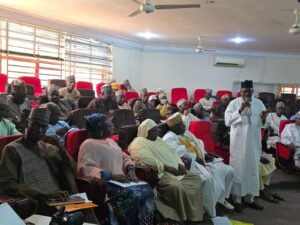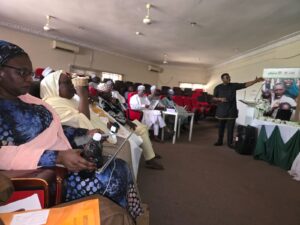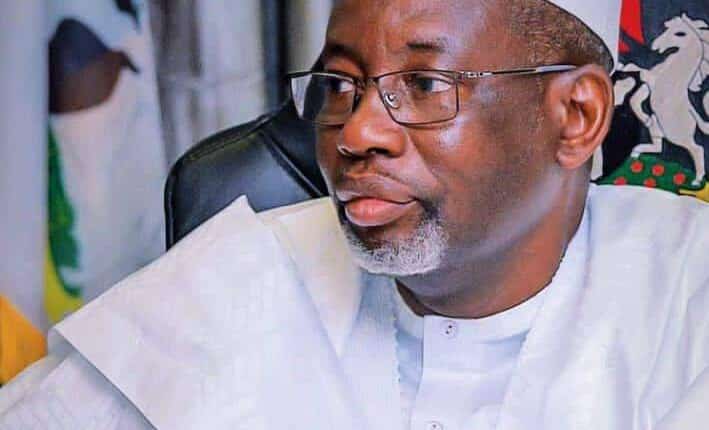Stakeholders in the education sector have identified teacher and material shortages, as well as pupil and teacher absenteeism in schools, as parts of systemic challenges undermining learning outcomes in Jigawa State.
This was evident from the findings of a learning outcome assessment presented by the Partnership for Learning for All in Nigeria (PLANE) program at the Manpower Development Institute (MDI) in Dutse on Tuesday.
Grassroots Parrot reports that PLANE, a UK-funded education programme currently working with the federal and target state governments to improve learning outcomes, highlighted these challenges after two years of its programming in the state.
According to the findings in the seven local government areas (LGAs) where PLANE intervened, about 32% of schools have two staff or less to teach all six grades of primary classes.
READ ALSO: Kano Community Where No Girl Has Finished Secondary School In 300 Years
Also, schools in these LGAs have an average of 114 children per teacher, which is more than three times UNESCO’s recommended pupil-teacher ratio (PTR) of 35:1 and almost three times Jigawa State’s target pupil-to-qualified teacher ratio (PTQR) of 45:1.
In Jigawa State, PLANE has worked with government partners to implement literacy and mathematics programming in Dutse, Gagarawa, Jahun, Kafin Hausa, Malam Madori, Taura, and Yankwashi LGAs, reaching 145,289 children in Primary 1-3 across 750 schools.

Though the program has recorded significant progress with learners advancing in literacy and mathematics, to see larger gains, the State Team Lead, Mustapha Ahmed, charged education stakeholders from the State Ministry of Education, State Universal Basic Education Board (SUBEB), and LGAs to work to address the identified systemic challenges in schools.
“The current government’s investment in education of about 32 percent budget allocation 2024 should be focused on key areas to address the dismal performance of children. LGA councils must empower the LGEAs to monitor schools and provide necessary learning support, including materials,” said Mustapha Ahmed.
Ahmed also pointed out that PLANE’s data, collated through its assessment and data received from school support officers, showed that both teachers and learners demonstrated high levels of absenteeism.
He also quoted the data as saying only 51% of children have access to exercise books and pencils, saying this means that about half of children do not have the materials required to learn.
Speaking at the event, Chairman of Dutse Local Government, Dr. Sibu Abdullahi, promised to rally all other LGA Chairs to address the situation.
“Education should be given a priority. Let me assure you, I am speaking on behalf of the entire 27 local governments that we are really committed to education, more particularly at the primary and JSS levels. The issue that has been tabled and the data that has been released today is realistic.
“I make a commitment, and I promise that something should be given to LGEAs each month from the local governments, and we will sensitize more local government chairs to see that at least no matter what, they give something to run the LGEAs. The current administration is fully committed, and we will try our best,” Dr Abdullahi said.

READ ALSO: Hidden Health, Education Crisis Caused by Unsafe Water in Kano Communities
The Vice Chair, Malam Madori LGA, Honourable Amina Haruwa, added, “What I have seen and heard today from the findings is very important because education is a major key for human development. I will be going back to my LGA to see what we can do to support our teachers so that they can be encouraged to do better and improve the learning of the children.”.
In response to the findings, participants ranging from officials from the State Ministry of Basic Education, the State Universal Basic Education Board, local government education authorities, CSOs, and other education stakeholders all agreed on the need to address the situation immediately.
During the event, they participated in the development of a follow-up strategy towards addressing the challenges.

